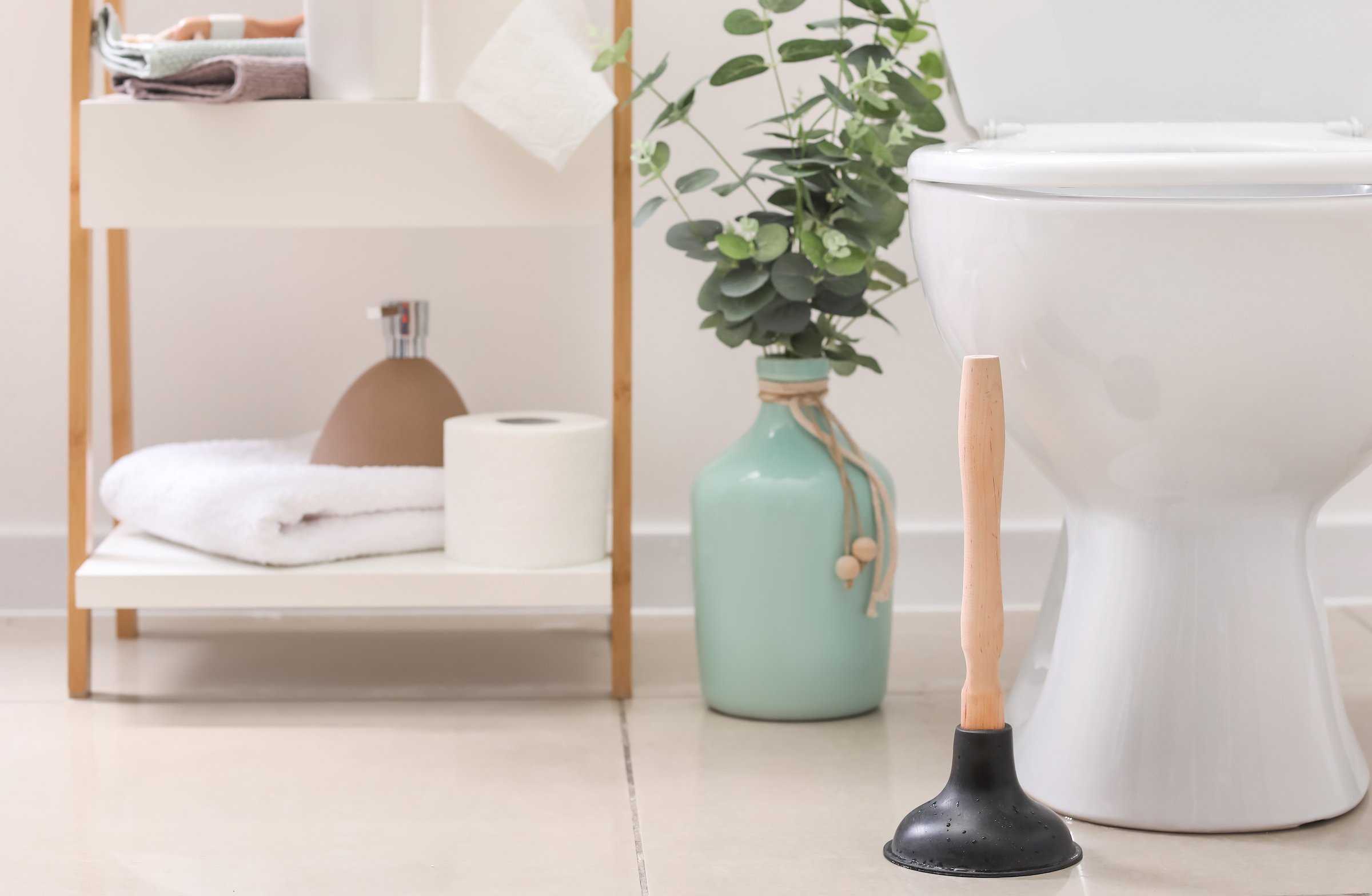Bathroom Plumbing Basics: Key Guidelines for First-Time Home Buyers
Bathroom Plumbing Basics: Key Guidelines for First-Time Home Buyers
Blog Article
What are your insights and beliefs on Essential DIY Bathroom Plumbing Tips Every Homeowner?

For brand-new property owners, understanding and preserving bathroom pipes can save both money and time by avoiding costly concerns down the line. Here are some essential shower room plumbing suggestions to assist you maintain everything running smoothly.
Acquaint Yourself with the Key Shut-Off Valve
Recognizing where the main water shut-off valve lies in your home is crucial. This enables you to promptly switch off the supply of water in case of major leakages or during pipes emergencies, avoiding comprehensive water damage.
Consistently Examine for Leakages
Little leakages can cause large issues. Regularly inspect under sinks, around bathrooms, and near plumbing fixtures for any indications of leakages. Try to find moisture, small drips, or rust. Catching and fixing leakages early can prevent more serious damage and save water.
Do Not Ignore Slow Drains Pipes
If your sink or bathtub is draining pipes slowly, it's typically an indicator of a clog developing. Resolving this early can protect against a complete blockage. Use a bettor or a plumbing technician's snake to clear out debris. Stay clear of making use of chemical drain cleansers as they can damage your pipelines in time.
Know What Not to Flush
Commodes are not waste disposal unit. Prevent purging anything other than bathroom tissue and human waste. Things like wipes, feminine hygiene items, and cotton swabs need to be dealt with in the trash to prevent obstructions and sewage system backups.
Mount Strainers in Drains
Location strainers in your sink and bath tub drains pipes to capture hair and other debris prior to they enter your plumbing system. Cleansing the filters on a regular basis will help stop buildup and keep water streaming easily.
Maintain Your Hot Water Heater
Guarantee your hot water heater is set to a suitable temperature (commonly around 120 degrees Fahrenheit) to stop scalding and reduce energy use. Flush the container each year to get rid of debris buildup, which can lower the effectiveness and lifespan of your heating unit.
Update Your Components
If your home has older components, take into consideration updating to more effective designs. Modern toilets, showerheads, and taps are developed to use less water while giving good pressure, which can substantially reduce your water bill and ecological impact.
Beware with DIY Pipes Repair Works
While it's appealing to take care of all home repair work on your own, beware with plumbing. Some concerns could call for expert know-how, specifically if they involve major water lines or sewage system fixings. Working with a specialist can in some cases be extra affordable than do it yourself, specifically if it avoids additional damages.
Get Ready For Winter
Shield your pipes from freezing throughout winter by insulating pipes in unheated areas like cellars, attics, and garages. Throughout severe cool, let cold water drip from taps offered by subjected pipes to assist prevent freezing.
Schedule Normal Upkeep
Think about organizing annual evaluations with a licensed plumber. They can detect issues that you may miss out on, such as concealed leakages or damage on pipelines and components. Normal upkeep assists prolong the life of your pipes system and can stop emergencies.
Conclusion
Understanding and keeping your home's shower room pipes can prevent many common issues. By following these essential pointers, you can ensure your bathroom remains functional and efficient, saving you time and money in the future.
Essential Plumbing Tips for Homeowners: Keep Your Pipes Flowing Smoothly
As a homeowner, understanding the basics of your plumbing system can save you time, money, and a lot of headaches. Plumbing issues can range from minor annoyances like dripping faucets to major problems like burst pipes that cause significant damage. This guide provides essential tips to help you maintain your plumbing system and tackle common issues.
Understanding Your Plumbing System
Supply System: Brings fresh water into your home from a municipal source or a well. Drain-Waste-Vent System: Removes wastewater and vents sewer gases outside. Fixtures and Appliances: Includes sinks, toilets, showers, dishwashers, and washing machines. Basic Maintenance Tips
Regular Inspections: Periodically check for leaks, corrosion, and other signs of wear and tear. Look under sinks, around toilets, and near water heaters. Know Your Main Shut-Off Valve: In case of a major leak, you’ll need to shut off the water quickly. Ensure everyone in your household knows where the main shut-off valve is located. Prevent Frozen Pipes: In cold climates, insulate exposed pipes and let faucets drip during extreme cold to prevent freezing. Use Strainers: Install strainers in sinks and tubs to catch hair, food particles, and other debris that can cause clogs. Common Plumbing Issues and Solutions
Clogged Drains:
Prevention: Avoid pouring grease down the drain and use drain screens to catch debris. DIY Fix: Use a plunger or a plumbing snake to clear minor clogs. For stubborn clogs, a mixture of baking soda and vinegar can sometimes help. Leaky Faucets:
Prevention: Replace washers and seals regularly. DIY Fix: Turn off the water supply, disassemble the faucet, and replace worn parts.

Detail Report this page